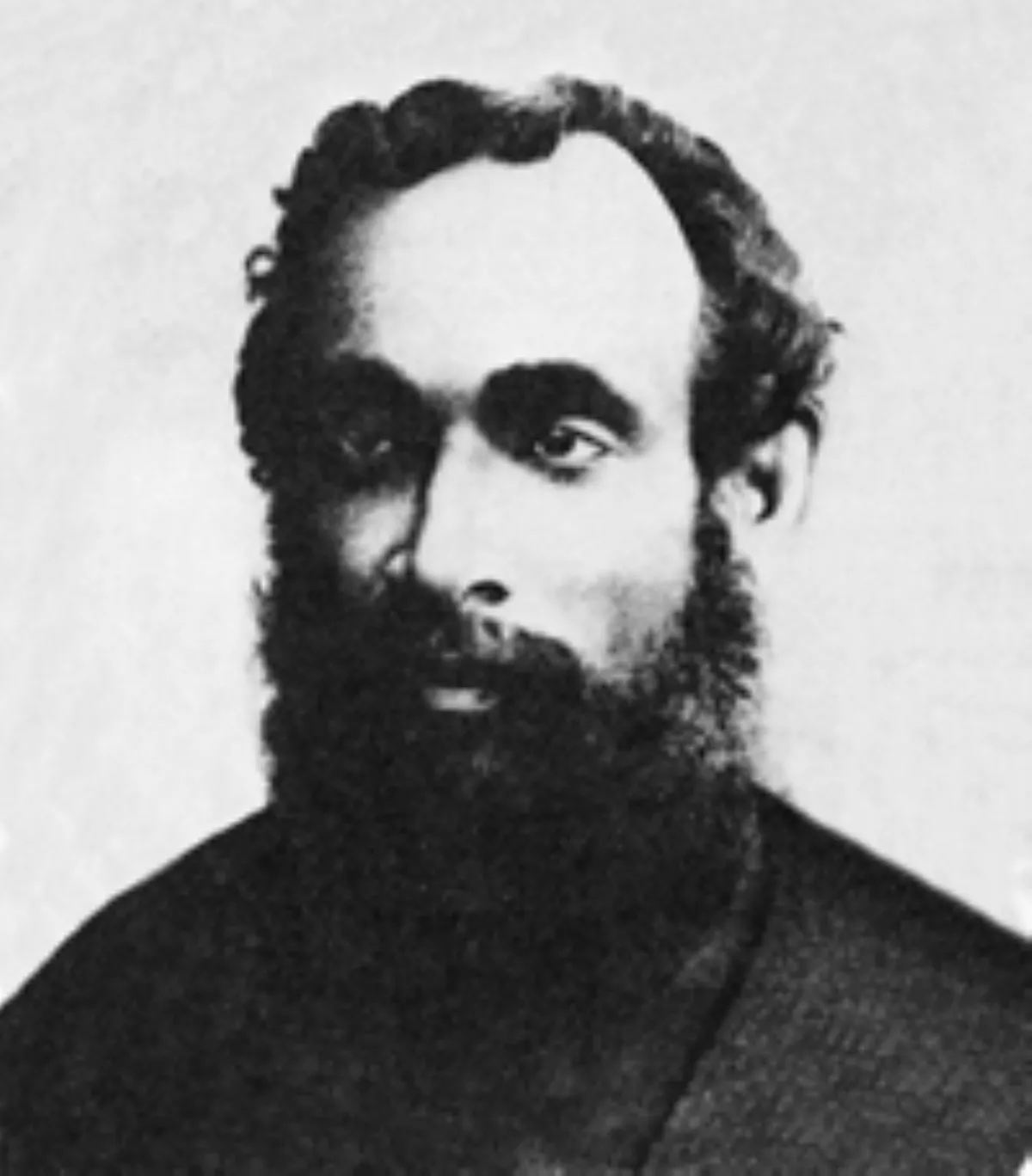 1.
1. Surendranath Banerjee founded a nationalist organization called the Indian National Association to bring Hindus and Muslims together for political action.

 1.
1. Surendranath Banerjee founded a nationalist organization called the Indian National Association to bring Hindus and Muslims together for political action.
Surendranath Banerjee was one of the founding members of the Indian National Congress.
Surendranath Banerjee was born in Calcutta, in the province of Bengal to a Rarhi Kulin Brahmin family, suggesting that the ancestral seat of the family was at Rarh region of present-day West Bengal.
Surendranath Banerjee's ancestors had migrated to East Bengal at some point of time and settled in a village called Lonesingh in Faridpur district.
Surendranath Banerjee was deeply influenced in liberal, progressive thinking by his father Durga Charan Banerjee, a doctor.
Surendranath Banerjee cleared the competitive examination in 1869, but was barred owing to a claim he had misrepresented his age.
Surendranath Banerjee took his final exams in 1871 and returned to India in August 1871.
In 1874, Surendranath Banerjee returned to London and became a student at the Middle Temple.
Surendranath Banerjee was dismissed for making a serious judicial error.
Surendranath Banerjee went to England to appeal his discharge, but was unsuccessful because, he felt, of racial discrimination.
Surendranath Banerjee was influenced by the writings of Italian nationalist Giuseppe Mazzini.
Surendranath Banerjee studied the writings of Mazzini in his stay in England on Anandmohan's suggestion.
Surendranath Banerjee began delivering public speeches on nationalist and liberal political subjects, as well as Indian history.
Surendranath Banerjee founded the Indian National Association with Anandamohan Bose, one of the earliest Indian political organizations of its kind, on 26 July 1876.
Surendranath Banerjee used the organization to tackle the issue of the age-limit for Indian students appearing for ICS examinations.
Surendranath Banerjee condemned the racial discrimination perpetrated by British officials in India through speeches all over the country, which made him very popular.
In 1883, when Surendranath Banerjee was arrested for publishing remarks in his paper, in contempt of court, protests and hartals erupted across Bengal, and in Indian cities such as Agra, Faizabad, Amritsar, Lahore and Pune.
Surendranath Banerjee became the first Indian journalist to be imprisoned.
Surendranath Banerjee was elected the Congress President in 1895 at Poona and in 1902 at Ahmedabad.
Surendranath Banerjee was one of the most important public leaders who protested the partition of the Bengal province in 1905.
Surendranath Banerjee was in the forefront of the movement and organized protests, petitions and extensive public support across Bengal and India, which finally compelled the British to reverse the bifurcation of Bengal in 1912.
Surendranath Banerjee became the patron of rising Indian leaders like Gopal Krishna Gokhale and Sarojini Naidu.
Surendranath Banerjee was knighted for his political support of the British Empire.
Surendranath Banerjee made the Calcutta Municipal Corporation a more democratic body while serving as a minister in the Bengal government.
Surendranath Banerjee could accept neither the extremist view of political action nor the noncooperation of Gandhi, then emerging as a major factor in the nationalist movement.
Surendranath Banerjee was elected to the reformed Legislative Council of Bengal in 1921, knighted in the same year and held office as minister for local self-government from 1921 to 1924.
Surendranath Banerjee's name is commemorated in the names of the following institutions: Barrackpore Rastraguru Surendranath College, Raiganj Surendranath Mahavidyalaya, Surendranath College, Surendranath College for Women, Surendranath Evening College, Surendranath Law College and the Surendranath Centenary School in Ranchi and the Surendranath Banerjee Road.